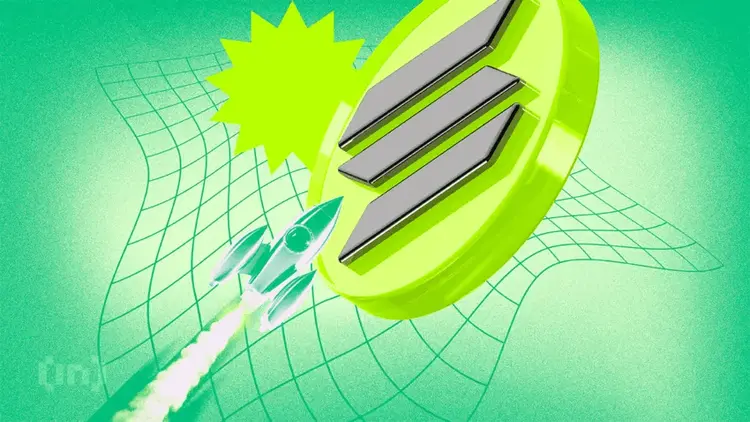Solana has approved the long-standing Alpenglow upgrade. This is set to speed up transactions and dramatically enhance network performance. Developers and investors describe it as the most important rewrite in blockchain history.
On the same day, Solana prices rose 6.5% in 24 hours, approaching $210. Traders responded positively to governance outcomes. Analysts highlighted the possibility of an upgrade to increase adoption and institutional trust.
Sponsored Sponsors
98% of validators approve Alpenglow upgrades
The governance process concluded on Tuesday, with strong participation exceeding the 33% quorum threshold required for adoption. According to data from the Solana Foundation, 98.27% of votes supported the proposal, 1.05% opposed and 0.69% abstained.
The validator voted for SIMD-0326, a Solana improvement proposal drafted by research firm Anza, which introduced Alpenglow. This protocol replaces two components built for efficiency and resilience, TowerBft and History of History, with voting and rotors.
Sponsored Sponsors
The Solana upgrade reduces transaction finality from the current 12.8 seconds under TowerBft to around 100-150 ms. This upgrade shows a major performance shift, bringing Solana closer to Web2 speed, allowing for faster and safer exchange deposits.
“At these speeds, Solana was able to achieve Web2-level responsiveness with L1 Finality, unlocking new use cases that require both speed and encryption reliability,” the Solana Foundation wrote in a blog post on August 21.
Alpenglow introduces Lotor, a direct voting system that completes blocks via a single or dual-round process, reducing the final time to a nearby level. The rotor replaces historical proofs, processes validator timestamps, and reduces the time required for data transfer.
In short, the upgrade eliminates high-bandwidth gossip traffic and allows validators to exchange votes directly through encrypted aggregations. This design reduces computational overhead, improves bandwidth efficiency, and enhances security assurance.
Anza lead economist Max Resnick noted that users will notice the difference soon.
“The biggest difference users feel right away is that the confirmation delay is reduced to about 150-200 milliseconds.”
Additionally, Alpenglow changes Solana’s economic model by validators voting off-chain. Instead of submitting a voting transaction for all slots, the validator will pay a validator admission ticket for each epoch 1.6 sol.
Sponsored Sponsors
This change removes voting-related fees, reduces bandwidth usage, and preserves economic barriers to protecting validator sets.
Solana $215 to breakout destination?
Following the news, Solana prices rose 6.5% to $209 in 24 hours. This increase has led to a 2.1% rebound in Bitcoin and a 0.6% recovery in Ethereum rise over the same period.
Analysts suggest that upgrades could enhance Solana’s appeal to developers and institutions. Shawn Young of MEXC Research predicted that Sol could reach $215 by late September and $250 by the end of the year.
Alpenglow debuted on TestNet in December 2025 by the Solana Breakpoint Conference, with a full mainnet rollout planned for the first quarter of 2026.


